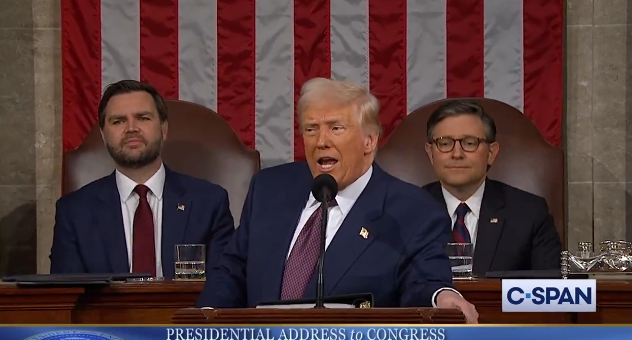Pete Hegseth Narrowly Confirmed As Defense Secretary, Showing Why Margins Matter

Pete Hegseth, a former Army National Guardsman and Fox News host, was confirmed by the Senate as defense secretary, overcoming accusations of sexual assault and excessive drinking that Democrats said were disqualifying but that he and his allies called smears.
Hegseth was confirmed by the narrowest of margins, with Vice President JD Vance casting the tie breaking vote for confirmation. This comes after Republican Senators Mitch McConnell from Kentucky, Lisa Murkowski from Alaska, and Suzanne Collins from Maine, all voted against Hegseth.
North Carolina Republican Senator Thomas Tillis had been a questionable vote, but as the vote got underway Friday night, Tillis said that he would support Hegseth’s nomination.
This process serves as another reminder that every single extra seat in the Senate makes a difference. Had the GOP lost the Pennsylvania Senate race in 2024, Hegseth would not have been confirmed, despite the Senate flipping back to Republican hands.
The same story can be told about Brett Kavanaugh’s 50-48 confirmation to the Supreme Court. Even though the GOP had a Senate majority during the 115th Congress (2017-2019), if they had one less seat in the Senate, Kavanaugh would not have been confirmed.
Conversely, if the GOP had one more Senator in their majority in the 115th Congress, they would have been able to repeal the Affordable Care Act (ACA), despite John McCain’s no vote.
Every single Senate race can make the difference between a policy goal or a nomination going through, or being blocked. John McCain, Brett Kavanaugh and Pete Hegseth are three examples of many of this.


